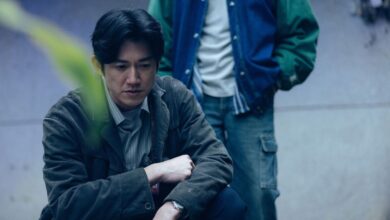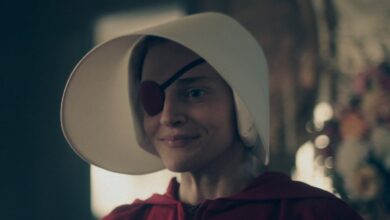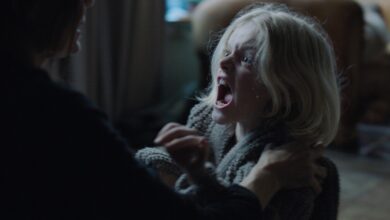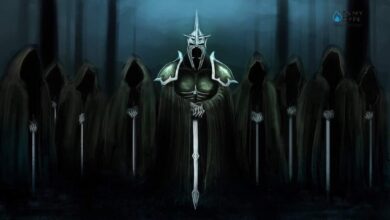Luckiest Girl Alive: The True Story That Inspired The Netflix Movie With Mila Kunis
Luckiest Girl Alive arrived in the Netflix catalog on Friday, 7 October. At the time of writing, Mike Barker’s film with Mila Kunis is at the top of the ranking of the most viewed on the platform. The script is signed by Jessica Knoll, the author of the novel, published in 2015, of which the film is an adaptation. The story, while dramatized for narrative purposes, is inspired by events lived by the author and the dramatic experience that marked her when she attended a private high school. In addition to Mila Kunis, Connie Britton, Jennifer Beals, Scott McNairy and Justine Lupe are also part of the cast. We see below the true story that inspired the novel and the film Luckiest Girl Alive.

In The Luckiest Girl, Alive Mila Kunis plays the role of Ani, a determined and brilliant girl from New York who is about to get married and has a great career. When a director contacts her for a documentary she is working on, she finds herself having to deal with a painful past and relive the memories of a traumatic experience lived in high school. The memories come back to the surface and inevitably end up affecting the balance of Ani’s present life. This is the plot of the Make Barker film, whose screenplay is signed by the author of the novel of which it is an adaptation. Both the novel and the film are fictional products, but the story behind both is partially inspired by that of Jessica Knoll herself. A story that the author has made public only with the release of her novel.
The True Story of Jessica Knoll, Author Of The Novel That Inspired Luckiest Girl Alive
In the film, while still a teenager, Ani is raped by three of her classmates at the prestigious Bradley School. After the trauma she is forced to deal with those who do not believe her, she doubts her version of herself and even makes her bears the burden of guilt for what happened. As a student in a private school, Jessica Knoll had an experience similar to that of the character in the novel and the film: a gang rape.
She Knoll originally stated that her Lei Luckiest Girl Alive was a fictional product, but in 2016 (a year after the novel came out) she published an essay in which she explained the dramatic autobiographical echoes behind this story. In an interview with Today (which you can read here), Jessica Knoll explained how she feels somewhat uncomfortable when people call her brave and how shaping her story on paper helped her process the trauma.
“I often feel I don’t deserve to be called brave because I’ve only been able to open up through fiction. There was a conflict within me. I desperately wanted my story to be put in black and white and for people to recognize what happened to me as rape. I needed it. But on the other hand, I was terrified that people who would read my book would come to the same conclusion as those who when I was in high school thought that there was no violence and that I was somehow responsible for what had happened to me”. Luckiest Girl Alive is available now on Netflix.






